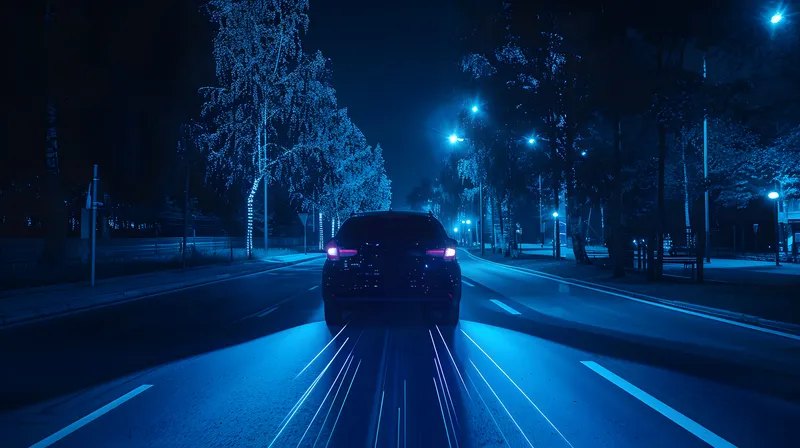Driverless cars are disrupting the automotive industry and supply chain, propelling car sharing forward as the ultimate, mainstream transportation mode. This new car sharing economy is already well in motion, and with it continuing to ramp up, ABI Research, the leader in transformative technology innovation market intelligence, forecasts that 400 million people will rely on robotic car sharing by 2030.
"The new car sharing economy happens in three phases: street rental service, ride sharing service, and
March 15, 2016
Read time: 2 mins
Driverless cars are disrupting the automotive industry and supply chain, propelling car sharing forward as the ultimate, mainstream transportation mode. This new car sharing economy is already well in motion, and with it continuing to ramp up, 5725 ABI Research, the leader in transformative technology innovation market intelligence, forecasts that 400 million people will rely on robotic car sharing by 2030.
"The new car sharing economy happens in three phases: street rental service, ride sharing service, and robotic service," says Dominique Bonte, managing director and vice president at ABI Research. "The automotive industry is in the process of merging phases one and two, with robotic service to become the ultimate form of transportation for its availability, convenience, and affordability."
According to Bonte, car sharing is successful because the increased efficiency through higher vehicle utilisation rates drives down costs, which results in more affordable transportation.
The new car sharing economy is a classic example of crowdsourcing, and as such is driving many GenY supporters. The principal benefits extend beyond the collaboration aspect, though, and include the ability to tap into and monetise personally owned assets and real-time matching of supply and demand.
While matching supply and demand was previously much harder, the new car sharing model is able to increase car capacity, when required, through dynamically optimising pricing. For instance,8336 Uber's surge pricing system significantly increases rates during peak times to increase driver incentive and ultimately place more cars on the road to improve availability. Once Uber achieves its goal, it lowers the rates back down to their standard level.
In all, successive generations of car sharing will progressively impact and disrupt markets and verticals, such as private transportation, public transportation, and ultimately the entire automotive industry. "Once the new car sharing economy reaches its final frontier, robotic car services will transform the industry, resulting in decreased car ownership, blurred lines between public and private transportation, enhanced social mobility, new infotainment paradigms, and an overall consolidation of the automotive industry," concludes Bonte.
"The new car sharing economy happens in three phases: street rental service, ride sharing service, and robotic service," says Dominique Bonte, managing director and vice president at ABI Research. "The automotive industry is in the process of merging phases one and two, with robotic service to become the ultimate form of transportation for its availability, convenience, and affordability."
According to Bonte, car sharing is successful because the increased efficiency through higher vehicle utilisation rates drives down costs, which results in more affordable transportation.
The new car sharing economy is a classic example of crowdsourcing, and as such is driving many GenY supporters. The principal benefits extend beyond the collaboration aspect, though, and include the ability to tap into and monetise personally owned assets and real-time matching of supply and demand.
While matching supply and demand was previously much harder, the new car sharing model is able to increase car capacity, when required, through dynamically optimising pricing. For instance,
In all, successive generations of car sharing will progressively impact and disrupt markets and verticals, such as private transportation, public transportation, and ultimately the entire automotive industry. "Once the new car sharing economy reaches its final frontier, robotic car services will transform the industry, resulting in decreased car ownership, blurred lines between public and private transportation, enhanced social mobility, new infotainment paradigms, and an overall consolidation of the automotive industry," concludes Bonte.









